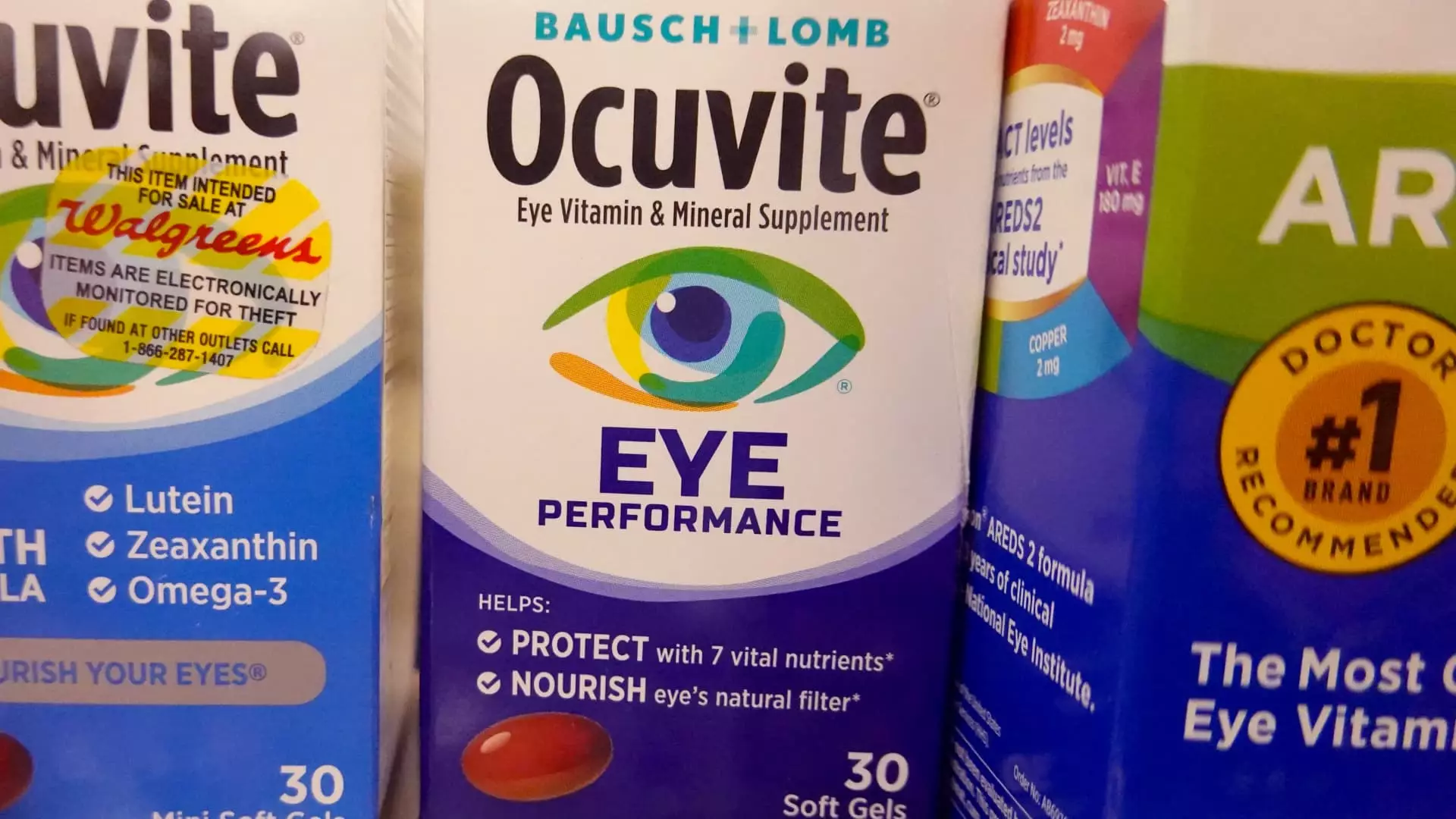Bausch Health Companies Inc., formerly known as Valeant Pharmaceuticals, is a dynamic player in the global pharmaceutical landscape, with its headquarters situated in Canada. The organization focuses on various therapeutic areas including dermatology, gastroenterology, neurology, and ophthalmology, operating through distinct business segments. These segments encompass Bausch + Lomb, Salix Pharmaceuticals, International Rx, Solta Medical, and Diversified Products. This structure not only underlines the company’s commitment to diverse healthcare needs but also positions it as a significant entity within the industry.
In recent years, Bausch Health has faced considerable scrutiny from investors. Notably, activist investor Carl Icahn’s involvement in early 2021 marked a pivotal moment for the company. By filing a 13D report with the U.S. Securities and Exchange Commission, Icahn signaled his intentions to engage directly with Bausch Health’s management and board regarding strategies to enhance shareholder value. This led to an important reassessment of the board’s composition, resulting in an expanded board size and the appointment of Icahn’s associates.
Such drastic changes in governance reflect the pressures the company faces to strengthen its market position and enhance profitability in an increasingly competitive environment. The appointment of figures like John Paulson as chair underscores the influence of activist stakeholders seeking transformative strategies.
One of the most significant developments in the company’s strategy was the spinoff of Bausch + Lomb in May 2022, which became a standalone publicly traded entity. Despite this separation, Bausch Health retains an 88% ownership stake in Bausch + Lomb, indicating that the eye care segment remains integral to its core business operations. The spinoff allows Bausch + Lomb to pursue specialized strategies that cater directly to its market while still benefiting the parent company through its retained equity.
The healthcare market is riddled with uncertainties, yet the sale of Bausch + Lomb could provide critical insights into the actual value of the company. According to reports, the potential sale of Bausch + Lomb has piqued the interest of major investment firms. With an enterprise value of approximately $10 billion, the sustained management of Bausch Health’s larger debt burden complicates a clear valuation for stakeholders.
Debt Dynamics and Future Projections
The company’s financial picture is multifaceted, heavily influenced by its substantial debt load of $20.4 billion, which includes $4.6 billion associated with Bausch + Lomb. These financial pressures necessitate strategic moves to maximize the company’s market value. Analysts project that a successful sale of Bausch + Lomb could alleviate some of the debt burden, leading to a more favorable valuation trajectory for the remaining assets of Bausch Health.
The Salix division’s reliance on the Xifaxan drug also comes with inherent risks as the patent is set to expire in January 2028. The projected revenue growth from Xifaxan remains dependent on market demand, and losing exclusivity could significantly impact future earnings. An astute analysis suggests that the current market valuation does not reflect the potential earnings that the company could generate from its diverse segments.
Evaluating Bausch Health’s portfolio presents a complex challenge for analysts. Each of the company’s business units carries different market valuations based on peer comparisons. For instance, while Salix is forecasted to contribute substantial revenue, its dependence on a single product raises concerns about long-term sustainability. Meanwhile, other divisions such as International Rx and Diversified Products appear promising, albeit with lower industry valuations.
Equity valuations become crucial as Bausch Health navigates potential acquisitions or sales. A weighted average multiple analysis suggests a future inherent value of approximately $25.93 billion. Subtracting the debt results in a calculated equity value that could significantly benefit shareholders if pursued effectively.
Bausch Health stands at a critical juncture in its corporate history, grappling with both opportunity and uncertainty. The strategic focus on Bausch + Lomb and potential divestitures could lead to increased shareholder value. However, the company must navigate its significant debt and potential revenue declines from expiring patents prudently.
In a market increasingly shaped by activist investors who push for swift and dramatic change, Bausch Health must prioritize adaptability and innovation to maintain its competitive edge. The future of the company may very well hinge on its ability to transform its challenges into strategic opportunities, thereby revitalizing its brand and ensuring sustained growth in the ever-evolving healthcare industry.

